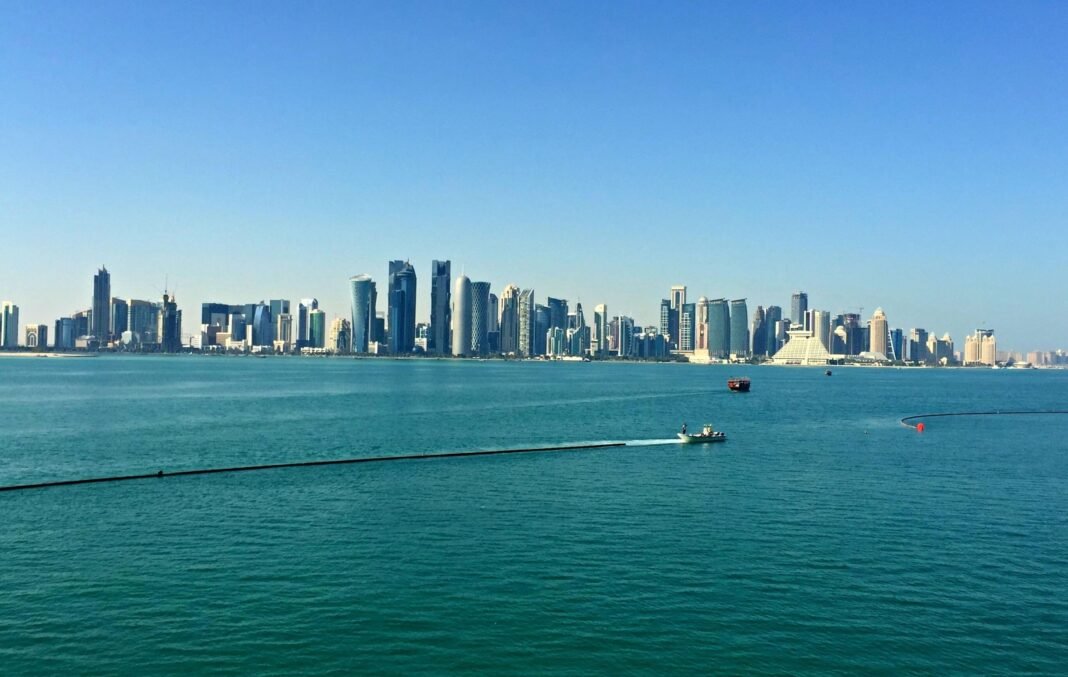Qatar global trade hub ambitions continue to materialize as the country bolsters its logistics infrastructure and trade alliances.
With rapid cargo growth and major upgrades at Hamad Port and Hamad International Airport, Qatar is positioning itself as a bridge between East and West in global commerce.
Notably, recent port automation efforts and digital technologies have made a significant impact. At Hamad Port, AI-powered systems and blockchain tracking have shortened clearance times by nearly 20 percent.
Adtitionally, this efficiency has attracted greater cargo volumes and positioned the port as one of the most modern in the region.
Experts say this transformation isn’t only due to post-pandemic recovery but also to Qatar’s strategic investment in advanced logistics capabilities.
According to maritime economist Rania Shafiq, Qatar’s investment in smart logistics infrastructure is paying off. With streamlined customs and automated operations, it’s becoming a preferred transshipment point between Asia, Africa, and Europe.
The country’s geographic location remains a core advantage. Hamad Port’s direct links to over 40 ports globally reduce dependency on other regional hubs.
As a result, shipping costs and transit times for international traders have improved significantly.
Beyond infrastructure, the country’s diplomacy is helping solidify Qatar as a global trade hub. It has signed several key trade facilitation agreements with countries like India, Turkiye, and Central Asian nations.
These deals aim to increase non-energy exports and ease trade restrictions across sectors such as petrochemicals and manufacturing.
Qatar’s Ministry of Transport reported a 6.3% rise in cargo handled at Hamad Port in early 2025, exceeding 650,000 containers.
Hamad International Airport also processed more than 1.2 million tonnes of cargo, marking a steady increase in air freight activity.
Looking forward, the National Logistics Strategy includes plans for bonded zones, expanded warehousing, and smart customs systems. These steps aim to integrate sea, land, and air routes into one seamless logistics network.
In conclusion, with global supply chains evolving and regional tensions reshaping trade routes, Qatar’s neutrality and innovation are helping it emerge as a vital, future-ready trade partner.





